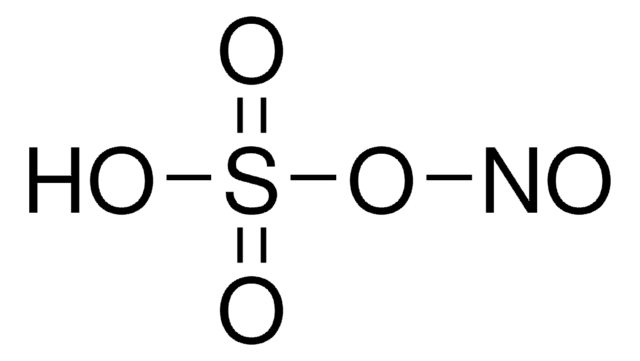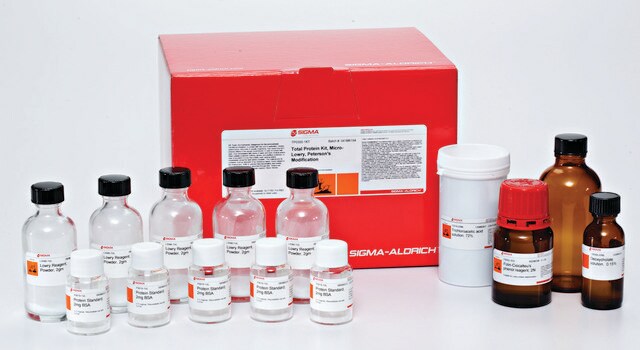577782
Sodium carbonate decahydrate
99.999% trace metals basis
Synonym(s):
Sal soda, Soda
About This Item
Recommended Products
grade
for analytical purposes
Quality Level
Assay
99.999% trace metals basis
form
crystalline
impurities
≤15.0 ppm Trace Metal Analysis
SMILES string
O.O.O.O.O.O.O.O.O.O.[Na+].[Na+].[O-]C([O-])=O
InChI
1S/CH2O3.2Na.10H2O/c2-1(3)4;;;;;;;;;;;;/h(H2,2,3,4);;;10*1H2/q;2*+1;;;;;;;;;;/p-2
InChI key
XYQRXRFVKUPBQN-UHFFFAOYSA-L
Looking for similar products? Visit Product Comparison Guide
Application
Signal Word
Warning
Hazard Statements
Precautionary Statements
Hazard Classifications
Eye Irrit. 2
Storage Class Code
13 - Non Combustible Solids
WGK
WGK 1
Flash Point(F)
Not applicable
Flash Point(C)
Not applicable
Personal Protective Equipment
Choose from one of the most recent versions:
Already Own This Product?
Find documentation for the products that you have recently purchased in the Document Library.
Customers Also Viewed
Articles
Nanostructured Materials Through Ultrasonic Spray Pyrolysis
Advances in materials have often been led by the development of new synthetic methods that provide control over size, morphology and structure. The preparation of materials in a scalable and continuous manner is critical when development moves beyond lab-scale quantities.
Global Trade Item Number
| SKU | GTIN |
|---|---|
| 577782-1KG | 4061832628950 |
| 577782-250G | 4061832628967 |
Our team of scientists has experience in all areas of research including Life Science, Material Science, Chemical Synthesis, Chromatography, Analytical and many others.
Contact Technical Service











